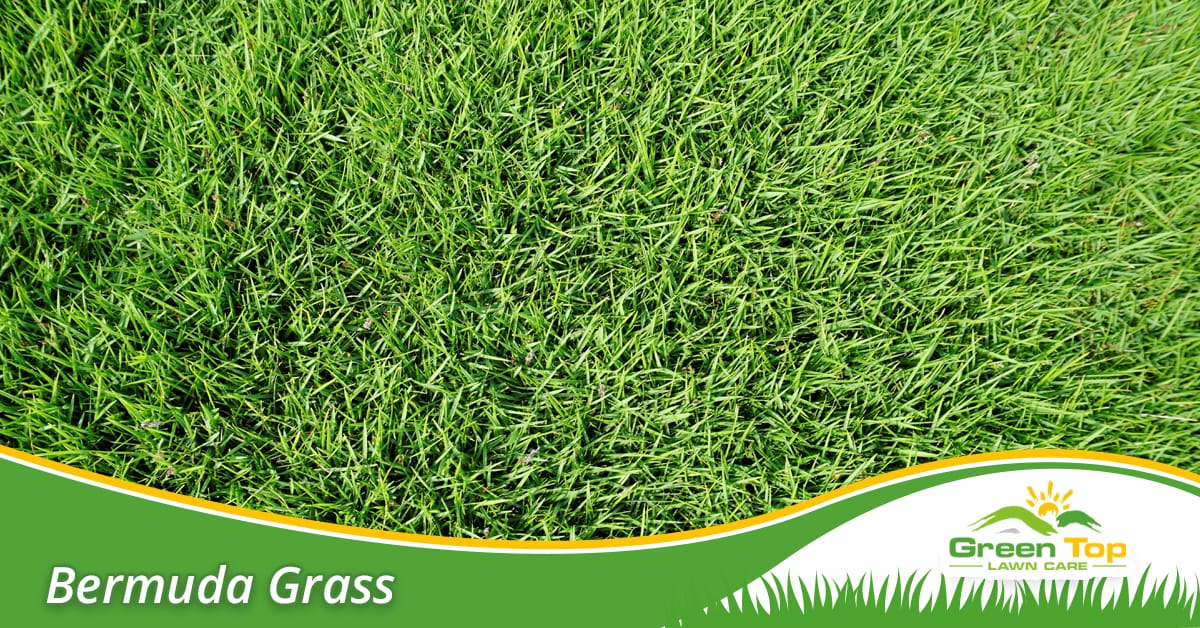Bermuda Grass Lawn Care in North Texas
If you’re in North Texas and want a lush, healthy Bermuda grass lawn, the right care makes all the difference. Many homeowners choose professional lawn care services to save time and ensure their turf gets the right attention during each season. You may know that Bermuda grass is one of the most popular warm-season grasses in Texas. While it tolerates heat, drought and heavy foot traffic well, to keep a green lawn requires consistent maintenance.

What Is Bermuda Grass?
Bermuda grass is a fast-spreading, warm-season grass variety that thrives in full sun. It produces a dense mat of fine to medium blades. Its durability makes it perfect for active yards, and it recovers quickly from wear and tear. The downside is that Bermuda grass naturally goes dormant in the cooler months, and if not properly managed it can creep into areas where you may not want it, such as garden beds or walkways. Understanding its characteristics helps homeowners set realistic expectations, and plan care strategies that maximize its strengths.
Best Practices for Bermuda Grass Care
To achieve a thick, healthy Bermuda lawn, it’s essential to start with the right foundation and follow consistent care practices.
Soil & Site Preparation
- Soil testing and pH – Bermuda prefers slightly acidic to neutral soil (6.0–7.0). Test early in spring and adjust as needed.
- Sunlight & drainage – This grass needs at least 6–8 hours of sunlight per day. Poor drainage should be corrected to prevent root stress.
- Soil type & aeration – Bermuda grass adapts to most soil types, and thrives in sandy or well-drained soils.
Mowing & Watering
- Mowing height – Keep Bermuda grass between 1.5–2.5 inches tall.
- Mowing frequency – Usually requires weekly mowing during summer, with less frequent cutting in the cooler months.
- Watering schedule – Provide 1–1.25 inches of water weekly (including rainfall), watering deeply and infrequently to encourage deep roots.
Weed, Pest, and Disease Management
Weeds, pests and diseases are common challenges for Bermuda lawns, but they can be managed with preventive care and timely treatments. Crabgrass, nutgrass, chinch bugs and fungal issues such as dollar spot are among the most frequent problems. Learning more about the benefits of hiring a weed control professional can help you decide when it’s time to bring in expert help to keep your Bermuda grass looking its best.
Fertilization & Ongoing Care
The right fertilization schedule helps Bermuda grass stay thick, green, and resistant to stress. Balanced nutrients fuel strong root systems, boost color, and minimize disease problems. Partnering with a professional lawn fertilization service ensures that the formulation and timing of application will be adjusted specifically for your Bermuda grass lawn.
Seasonal Care for Bermuda Grass
Seasonal changes affect how Bermuda grass should be maintained. In spring the focus is on cleaning up winter debris, applying pre-emergent herbicides, and beginning fertilization as the soil warms. Summer care emphasizes mowing at the proper height, watering deeply, and monitoring for pests and diseases. In fall, nitrogen applications should be reduced while the grass prepares for winter dormancy. During winter months, Bermuda grass naturally goes dormant, and the main priority becomes minimizing foot traffic and keeping the lawn clear of leaves and debris to avoid damage.
Frequently Asked Questions About Bermuda Grass
What Are the Disadvantages of Bermuda Turf?
A disadvantage of Bermuda is that it is extremely aggressive. It can be difficult to keep out of flower beds and to stop it from invading neighboring lawns. It does not grow well in shade so as trees grow a Bermuda lawn will correspondingly thin underneath.
What Is the One-Third Mowing Rule for Bermuda Grass?
The one-third mowing rule states you never want to remove more than one-third of the leaf blades at one time. More than one-third removal (scalping) will take the plant down into the brown woody part and cause stress. In some cases you may need to mow more than once a week.
Can I Replace My Lawn With Bermuda Sod?
You can successfully replace your current lawn with Bermuda sod. Sodding will be much more successful than seeding. Sod is available as squares or rolls from sod retailers in the area. Be sure to prepare your soil for proper drainage.
Start Your Journey Toward a Lush Bermuda Lawn in North Texas
If you want your Bermuda grass lawn in North Texas to look its best, the winning formula is combining proper maintenance with expert care. Green Top Lawn Care provides services that keep Bermuda lawns healthy year-round. Ready to elevate your lawn? Contact us at (817) 761-7316 or get a free lawn care quote today.







